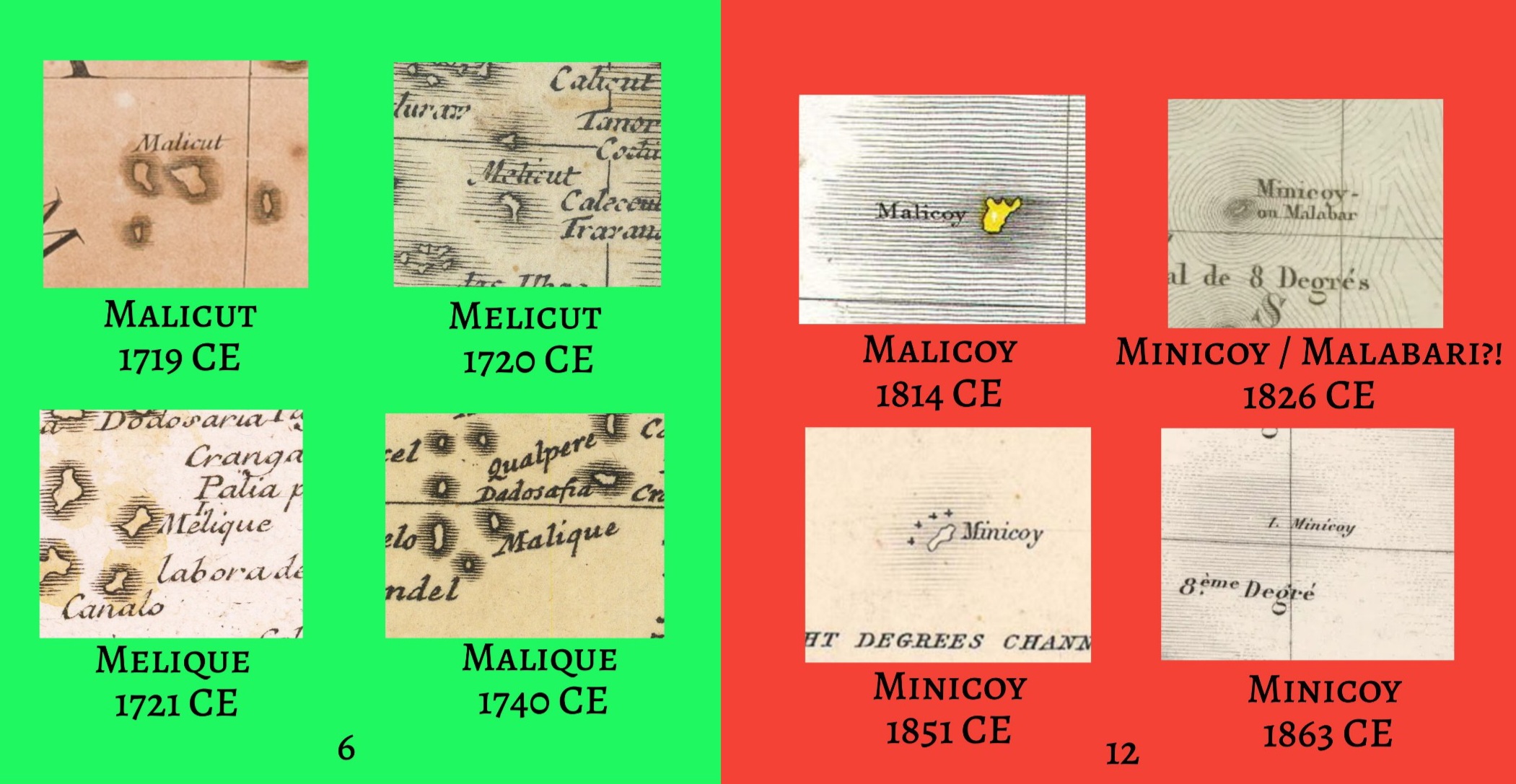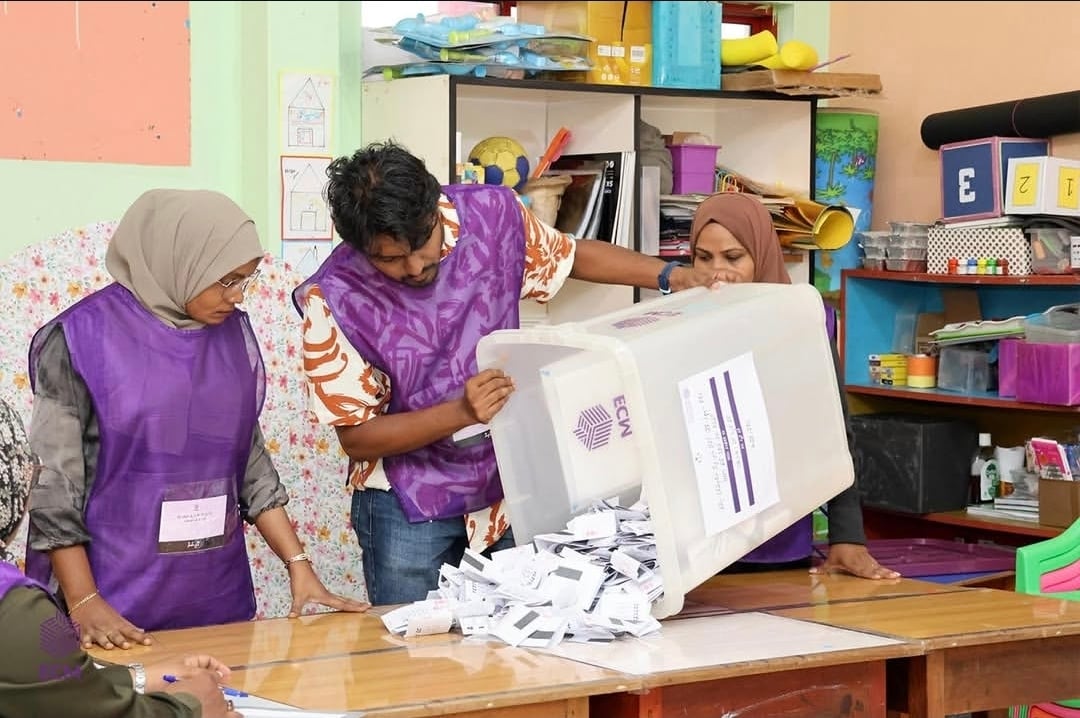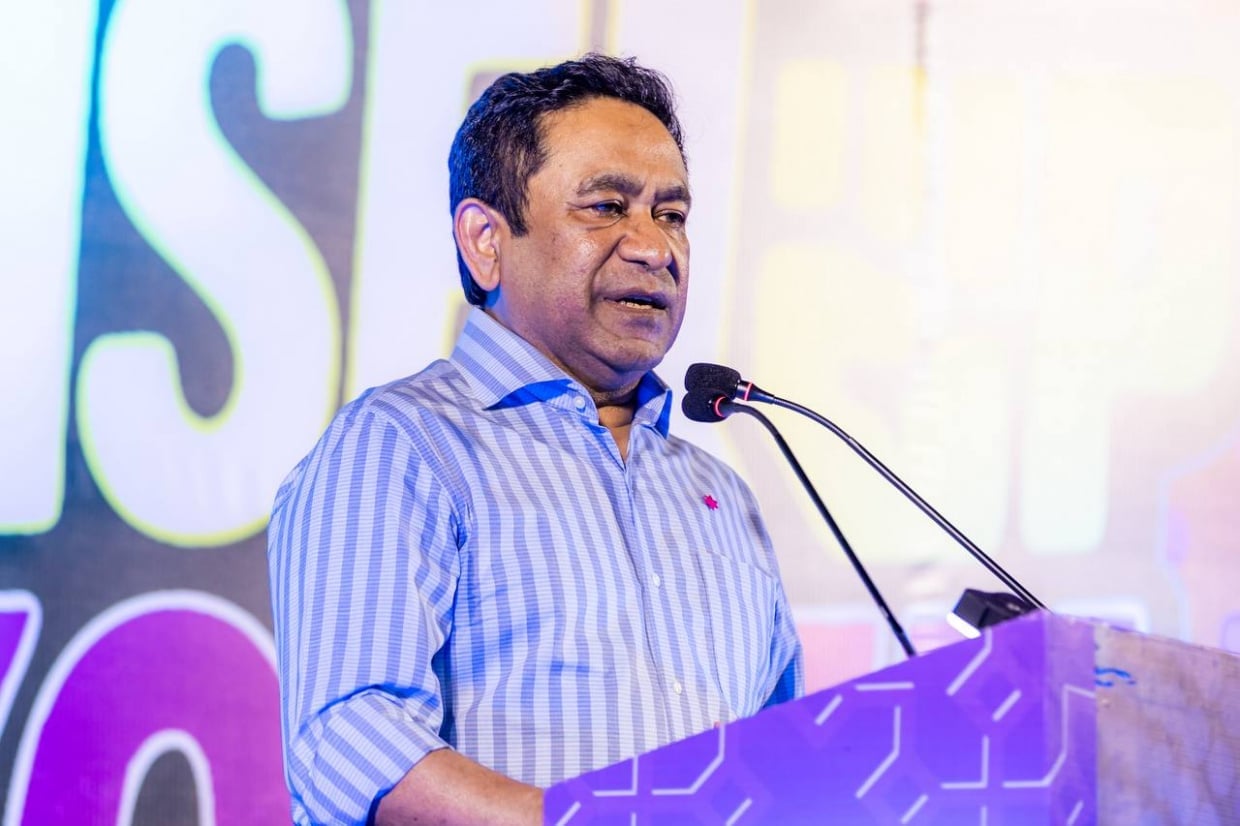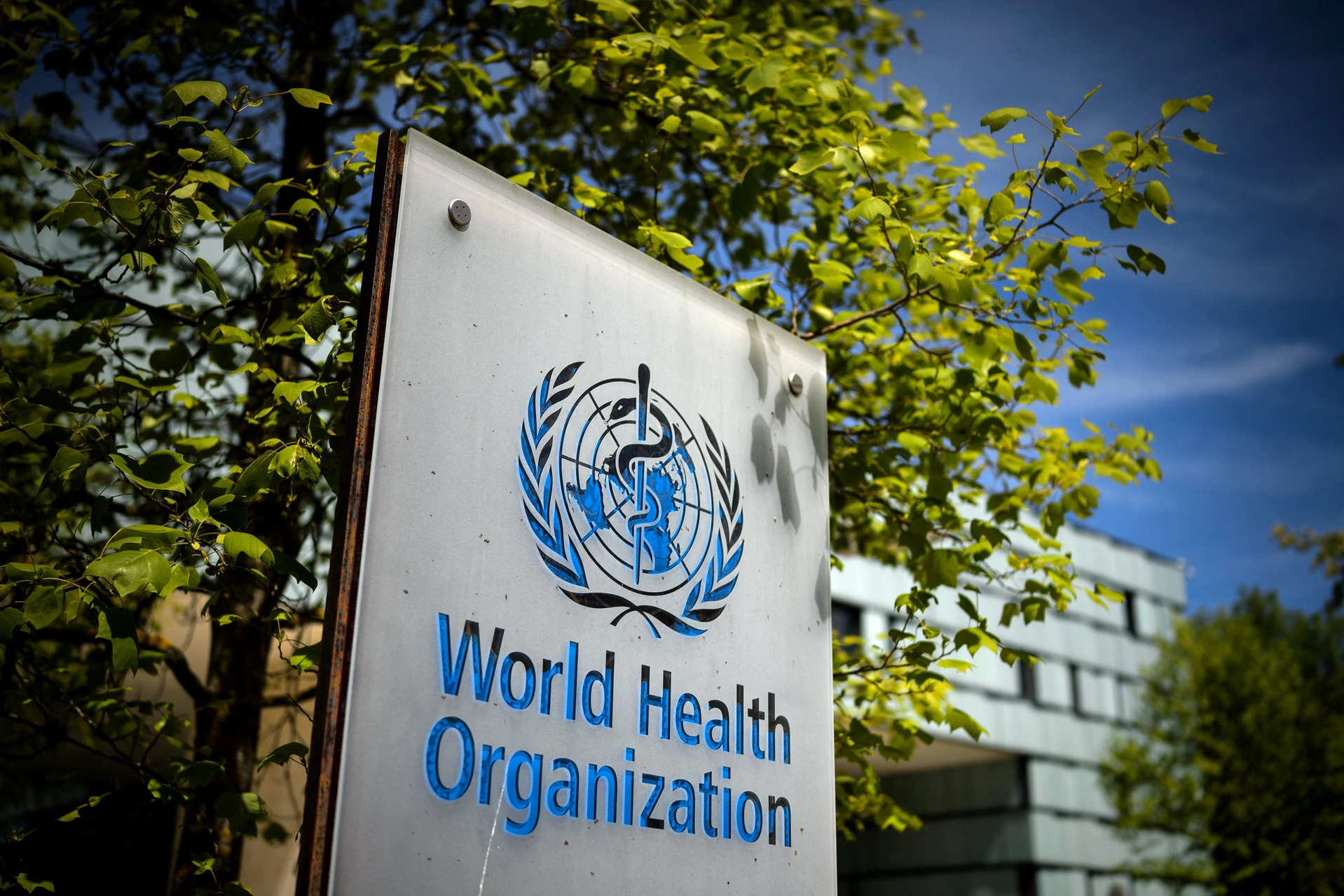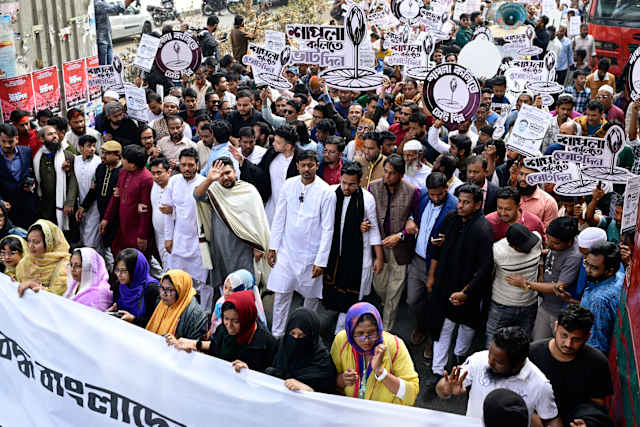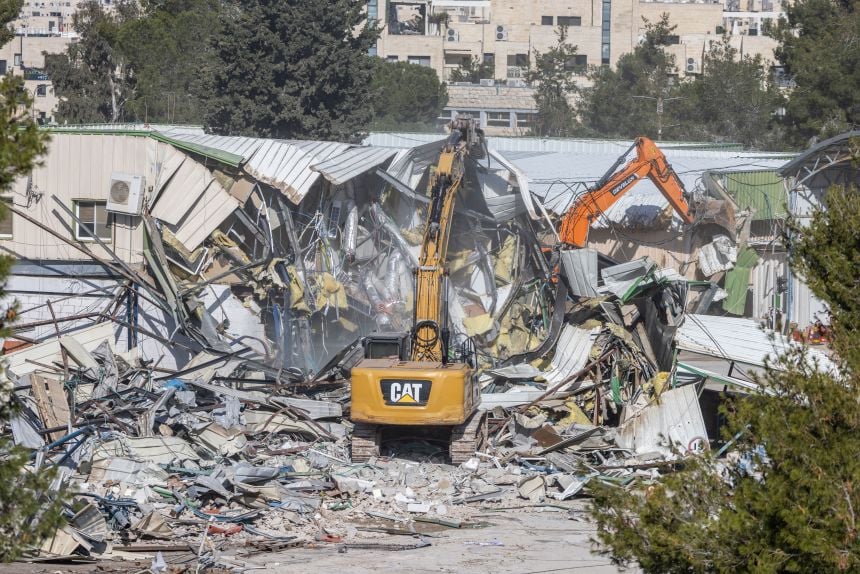The island of Maliku, now known as Minicoy, is the southernmost atoll of India’s Union Territory of Lakshadweep (formerly called Laccadive, Minicoy, and Amindivi Islands from 1956 to 1973). Its name carries a rich history shaped by linguistic variations and colonial influences. Wikipedia suggests that Arab traders named the island "Maliku," but no historical evidence supports this claim. Instead, records confirm that Maliku has consistently been the island’s name.
Wikipedia also recounts a tale claiming that Minicoy originated from a British official’s misunderstanding. According to this story, a Maliku islander, when asked about his home, mentioned living in Minikaa-raajje (Nicobar Islands) while identifying as being from Maliku. The official, mistaking the two, recorded Minikaa, which later became Minicoy. This narrative, which emerged in the early 2000s, lacks any written or oral evidence and is a modern fabrication. It appears to have been inspired by a similar misconception about the naming of the local language, Mahl. German anthropologist Dr. Ellen Kattner shares a story from Furakad Moosa Beyfaanu: a British officer asked a Maliku islander about their language, and the response, Mahaldibu bas ("language of the Maldives"), was misheard as Mahl, much to the amusement of locals.
By examining South Asian maps from various periods, it is evident that Minicoy directly evolved from Maliku. Diverse cultures and languages resulted in varied spellings on maps, such as Malique, Maliqueque, Melique, Malicut, Malick, Malicoy, Minkoy, and Minikoy, often copied from earlier maps. Dr. Ellen Kattner’s research on Maliku confirms that Minicoy derives from Maliku, and she consistently uses Maliku in her academic work to honor its authentic identity. By the time the British gained control over South India and the Cannanore Ali Raja, under whose authority Maliku fell, the name Minicoy was already in use on international maps.
Wikipedia further claims that Minicoy islanders settled in the Nicobar Islands, referring to both the Andaman and Nicobar Islands as Minikaa-raajje ("cannibal kingdom") due to a reputed association with cannibalism. However, Maldivians and Maliku islanders only use Minikaa-raajje for the Andaman Islands, while the Nicobar Islands are known as Naagabaadi or Nakkavvaaru. Historical records indicate that Maliku and Maldivian islanders traveled to the Nicobar Islands for trade, not to the Andaman Islands (Minikaa-raajje). Given the cultural mindset of the time, it is unlikely they would have chosen to visit a place they believed was inhabited by cannibals.
Wikipedia also recounts a tale claiming that Minicoy originated from a British official’s misunderstanding. According to this story, a Maliku islander, when asked about his home, mentioned living in Minikaa-raajje (Nicobar Islands) while identifying as being from Maliku. The official, mistaking the two, recorded Minikaa, which later became Minicoy. This narrative, which emerged in the early 2000s, lacks any written or oral evidence and is a modern fabrication. It appears to have been inspired by a similar misconception about the naming of the local language, Mahl. German anthropologist Dr. Ellen Kattner shares a story from Furakad Moosa Beyfaanu: a British officer asked a Maliku islander about their language, and the response, Mahaldibu bas ("language of the Maldives"), was misheard as Mahl, much to the amusement of locals.
By examining South Asian maps from various periods, it is evident that Minicoy directly evolved from Maliku. Diverse cultures and languages resulted in varied spellings on maps, such as Malique, Maliqueque, Melique, Malicut, Malick, Malicoy, Minkoy, and Minikoy, often copied from earlier maps. Dr. Ellen Kattner’s research on Maliku confirms that Minicoy derives from Maliku, and she consistently uses Maliku in her academic work to honor its authentic identity. By the time the British gained control over South India and the Cannanore Ali Raja, under whose authority Maliku fell, the name Minicoy was already in use on international maps.
Wikipedia further claims that Minicoy islanders settled in the Nicobar Islands, referring to both the Andaman and Nicobar Islands as Minikaa-raajje ("cannibal kingdom") due to a reputed association with cannibalism. However, Maldivians and Maliku islanders only use Minikaa-raajje for the Andaman Islands, while the Nicobar Islands are known as Naagabaadi or Nakkavvaaru. Historical records indicate that Maliku and Maldivian islanders traveled to the Nicobar Islands for trade, not to the Andaman Islands (Minikaa-raajje). Given the cultural mindset of the time, it is unlikely they would have chosen to visit a place they believed was inhabited by cannibals.



